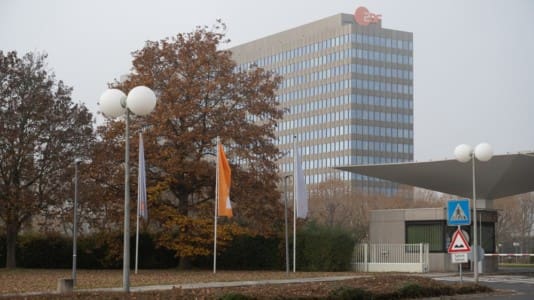The new liberal government in Poland will likely scrap key investment plans such as the construction of the Central Communication Port (CPK), the container port in Świnoujście, and the proposed nuclear power plant in Pomerania, a key advisor to the outgoing government has predicted.
Prof. Przemysław Żurawski vel Grajewski told the fronda.pl news outlet that he is pessimistic about Poland’s future under a liberal coalition government, and believes that many of the achievements of the conservative government led by the Law and Justice (PiS) party will be reversed.
Vel Grajewski, who served as an advisor to the conservative administration, expressed his concern over potential cuts in defense spending in the vain hope of a pan-European defense force, which he believes will never materialize.
Any European defense initiative is bound to suffer from underfunding and would prioritize the Mediterranean region over Central and Eastern Europe, he told the site.
The professor also suspected that, in terms of arms contracts, the new government will want to buy them from France and Germany rather than the U.S. and South Korea, and he fears it may want to downgrade and phase out the development of Poland’s territorial army.
Vel Grajewski remained convinced that Polish foreign policy would change markedly under the new government with acceptance of the EU migration pact and conformity with plans to abolish the unanimity principle and force through qualified majority voting, thus abolishing the member state veto on key issues.
Poland will enter the mainstream of the EU, led by Germany and France, but if it disobeys their edicts it will soon find itself out of that mainstream again, the professor warned.
“In this way, Poland will begin to serve the interests of other states rather than its own,” he added.
Vel Grajewski also suspected that the new government would eventually start cutting welfare programs and fears that the energy giant Orlen may be split up and privatized along with other large public companies such as Polish Airlines LOT or the major copper extractor KGHM.
This in turn could lead to lower public revenues and subsequent cuts in social programs that could result in a reduction in demand on the domestic markets, recession, and unemployment, he warned.
The academic was skeptical about the possibility of the new coalition collapsing leading to fresh elections, claiming that the fear of losing power would hold it together. Only a huge crisis leading to a dramatic fall in public support might persuade, for instance, the Polish People’s Party (PSL), the least liberal part of the new coalition, to abandon its partners and seek to form a different government, he added.






